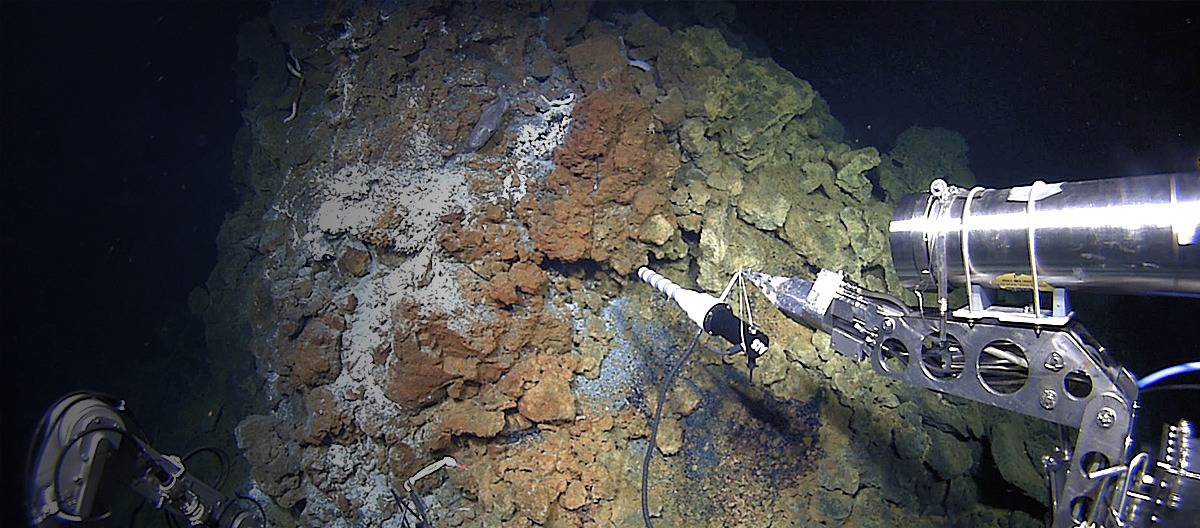 Research & Discovery
Research & Discovery
A Blog Devoted to UD Innovation, Excellence and Scholarship
Research & Discovery
A Blog Devoted to UD Innovation, Excellence and Scholarship
UD alumnus to lead National Academy of Engineering
ABOVE: The National Academy of Engineering announced that John L. Anderson, who graduated from UD’s College of Engineering in 1967, will be the organization’s next president. | Photo courtesy John L. Anderson
John L. Anderson has been elected president of influential engineering organization
The National Academy of Engineering announced his election on Tuesday, May 14, 2019. Members of the National Academy of Engineering share expertise and provide independent advice to the federal government on matters involving engineering and technology. Eight current UD faculty members have been elected members of the National Academy of Engineering.
Anderson, a native of Wilmington, Delaware, and graduate of Mount Pleasant High School, is a distinguished professor of chemical engineering at Illinois Tech’s Armour College of Engineering and was president of Illinois Tech from 2007 to 2015. He was elected a member of the National Academy of Engineering in 1992 for contributions to the understanding of colloidal hydrodynamics and membrane transport phenomena.





